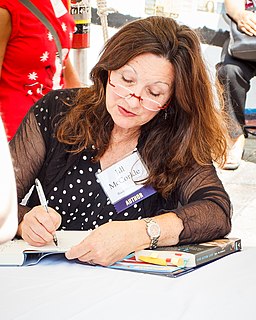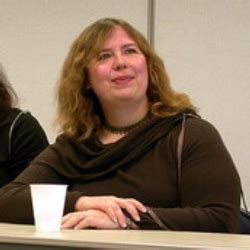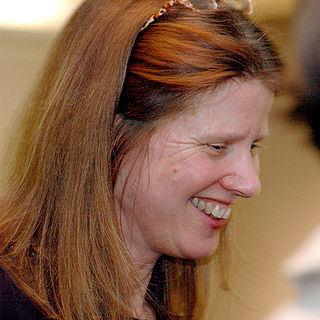A Quote by Jill McCorkle
For years, I felt I was a novelist, but now I know I can write short fiction.
Related Quotes
I'm more thrilled by the short fiction than I expected to be. I've found more pleasure in reading short fiction than I used to. By seeing what kinds of thinking are going on in short fiction. I was also surprised by the panic I've felt, especially at first, when we'd put an issue to bed and then realized we had to put another one together.







































